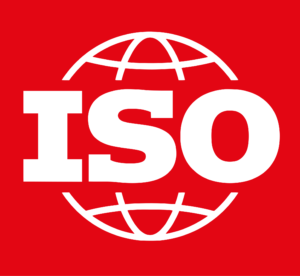Accreditations and Qualifications

ISO 9001: 2015
Firefly Welding gained ISO 9001 accreditation with BSI in November 2019.
ISO 9001 is a Quality Management System (QMS). To be ISO9001 certified means Firefly Welding has met the requirements in ISO 9001, which defines an ISO 9001 Quality Management System. ISO 9001 evaluates whether our Quality Management System is appropriate and effective, while forcing us to identify and implement improvements in our business. Continuous improvement assures our customers benefit by receiving services that meet their requirement, and that Firefly Welding deliver a consistent performance.
ISO 9001 requires independent assessment, audit and verification. Our accreditation has been approved by the British Standards Institute (BSI). Our BSI accreditation status can be validated here.

ISO 45001:2018 (OHS 18001)
Firefly Welding achieved ISO 45001 accreditation with BSI in Oct 2023. This accreditation builds upon Firefly’s commitment to quality.
ISO 45001 is an Occupational Health and Safety Management System (OHSMS). Achieving ISO 45001 certification means that Firefly Welding has met the international standards for ensuring the health, safety, and well-being of its employees and other stakeholders.
The ISO 45001 standard helps organizations reduce the risk of accidents, improve safety culture, and ensure compliance with legal and regulatory requirements. ISO 45001 focuses on proactive hazard identification and risk assessment to ensure a safer working environment. It also promotes a culture of continuous improvement, ensuring that Firefly Welding continually enhances its processes to reduce workplace risks and improve overall safety.
Through rigorous audits and assessments, our OHSMS has been independently verified by BSI to ensure its effectiveness and compliance with the ISO 45001 standard.
Our ISO 45001 accreditation has been granted by the British Standards Institute (BSI), and the status can be validated here.
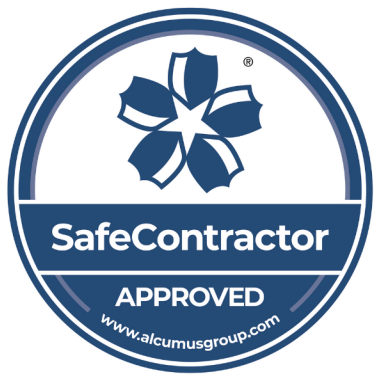
Safe Contractor
Firefly Welding achieved Safe Contractor Accreditation in August 2022.
Safe Contractor is a SSIP accreditation scheme that collects and verifies information across health, safety, financial and ethical practices. Areas checked include insurances, hot work procedures, permit to work scheme, working at height procedures, isolation procedures, CDM regulations, trade qualifications, work equipment, risk assessments, RAMS documentation, hazardous material handling, staff training and workplace inspections.
Why is this important? SSIP assessments are all judged on core criteria approved by the Health and Safety Executive (HSE). These core criteria describe what it means for a business to comply with basic health and safety law
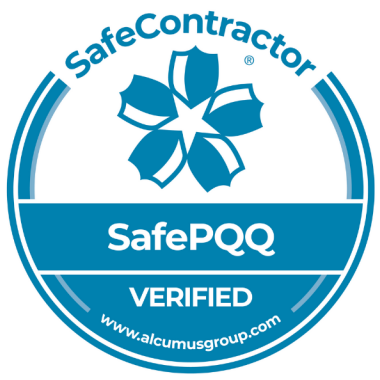
Safe PQQ
Firefly Welding have complied with the PAS91 question set.
Firefly is Certified under the Alcumus SafePQQ scheme covering topics in Finance, Environment, Quality Management, Equality, Modern Slavery, Anti-Bribery, GDPR, Right to Work, and References.
SafePQQ is aligned to the PAS91 question set. PAS is a Publicly Available Specification and PAS91 is a pre-qualification questionnaire that contains a set of standardised questions, categorised into modules. PAS91 modules can help buyers assess compliance across supply chains. With this set of questions, buyers can determine the suitability of contractors for projects based on their compliance across several core areas of risk management.
PAS91 was sponsored by the Department for Business Energy and Industrial Strategy (BEIS) and its development was facilitated by BSI Standards Limited and it is published under licence from the British Standards Institution.
![]()
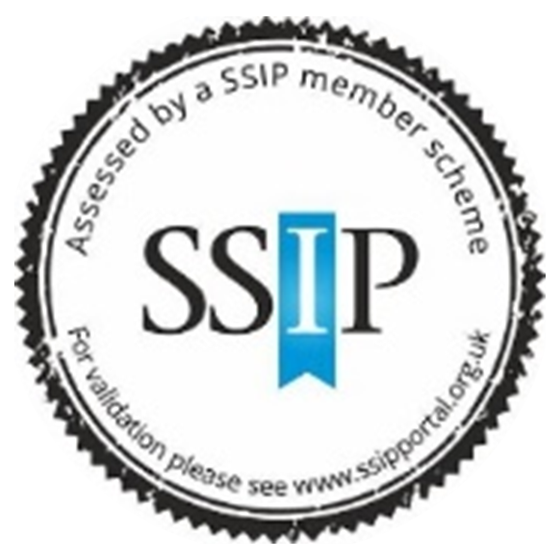
Safety Schemes in Procurement (SSIP)
Safety Schemes in Procurement (SSIP) in an umbrella scheme for occupational health and safety standards particularly within the construction industry. SSIP facilitates mutual recognition between various health and safety pre-qualification schemes saving time, effort and cost of multiple certifications,
Firefly Welding has been approved by Alcumus Safe Contractor, a Founder Member of SSIP.
Firefly’s accreditation status can be validated here.
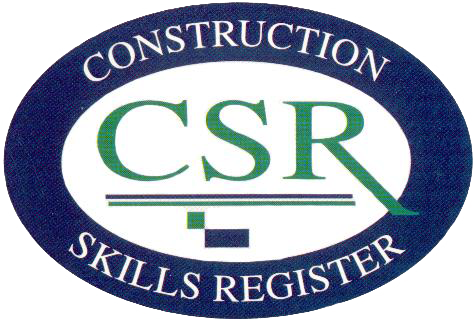
Construction Skills Register (Ireland)
All Firefly Welding operatives have undertaken health and safety training appropriate to working on construction sites in the Republic of Ireland.
For work undertaken in the Republic of Ireland, the CSR scheme applies.
The Construction Skills Register (CSR) is a register of construction workers who have completed the industry approved CSR health and safety training course and assessment. The aims of the CSR registration scheme are to:
- Raise standards of health and safety.
- Provide recognition of skills, experience and qualifications attained.
- Reduce risks and accidents in the industry.
This is carried out by ensuring that all construction workers undertake health and safety training every 4 years.
To become registered, workers must complete a minimum of one day health and safety training, delivered by an accredited training provider. Operatives can also be assessed to ascertain their level of competency in their skill area. Applicants receive a photographic identity card that provides proof of their health and safety training and their skills and qualifications, if appropriate.
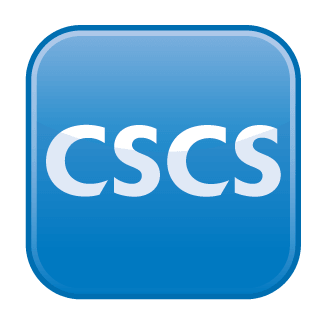
Construction Skills Certification Scheme (UK)
All Firefly Welding operatives have undertaken health and safety training appropriate to working on UK construction sites.
When working in the UK, the CSCS scheme applies.
The Construction Skills Certification Scheme (CSCS) is the leading skills certification scheme within the UK construction industry. The aims of the CSCS are similar to the Irish CSR scheme.
CSCS cards provide proof that individuals working on construction sites have the appropriate training and qualifications for the job they do on site. By ensuring the workforce are appropriately qualified the card plays its part in improving standards and safety on UK construction sites.
Holding a CSCS card is not a legislative requirement in the UK, but the training forms part of Firefly Welding’s Health and Safety induction procedures.

Managers Health and Safety Training
As well as CSR and CSCS training, Firefly Welding line managers have additional IOSH health and safety awareness training.
The Institution of Occupational Safety and Health (IOSH) is the world’s largest health and safety membership body. With 44,000 members in 99 countries, IOSH is committed to ensuring that global work practices are safe, healthy and sustainable.
The three-day IOSH Managing Safely course ensures Firefly Welding’s line managers are equipped to better understand their health and safety responsibilities, to assess and control risks, to understand construction site hazards, to investigate incidents and to measure performance.
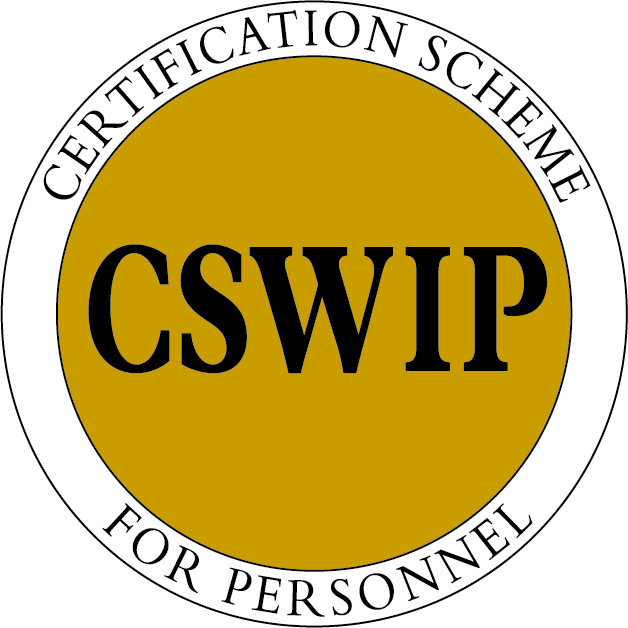
CSWIP 3.1 Weld Inspector
Firefly Welding’s Operation’s Director is a qualified weld inspector, to CSWIP 3.1 level.
The Certification Scheme for Weldment Inspection Personnel (CSWIP) certification scheme is UKAS-accredited to ISO/IEC 17024, the international standard for personnel certification.
The CSWIP 3.1 certificate supports compliance with customer requirements, standards and regulations, and provides assurance to clients that our personnel are competent and can deliver the job role.
The CSWIP 3.1 Welding Inspector Course is delivered by the Welding Institute (TWI) and is designed for inspection engineers and supervisory staff.
The course teaches the duties and responsibilities of a welding inspector including fusion welding processes, typical weld defects, types of steel, the hardening of steels, weldability, heat treatment and parent metal defects.
The programme also includes visual inspection, the testing of parent metals and welds, and destructive and non-destructive test techniques.
Welder and procedure approval, codes and standards, and an outline of safe working practices is also covered on the course.
Welding Codes
Firefly Welding have a team of muti-coded welders. Our welders are coded/qualified to work to our Weld Procedure Specifications (WPS).
A WPS is the formal written document describing welding procedures, which provides direction to the welder or welding operators for making sound and quality production welds as per the code requirements . The purpose of the document is to guide welders to the accepted procedures so that repeatable and trusted welding techniques are used. A WPS is developed for each material alloy and for each welding type used. Specific codes and/or engineering societies are often the driving force behind the development of a company’s WPS.
A WPS is supported by a Procedure Qualification Record (PQR or WPQR). A PQR is a record of a test weld performed and tested (more rigorously) to ensure that the procedure will produce a good weld. Individual welders are certified with a qualification test documented in a Welder Qualification Test Record (WQTR) that shows they have the understanding and demonstrated ability to work within the specified WPS.
Firefly Welding have an extensive range of specifications, covering different materials, diameters and thicknesses for both manual and automated processes. Each WPS is specific to a particular job at hand, although some WPS’s are more general, and some are very specific. The more specific methods need individual parameters allocated via a weld test inspector.
Each WPS requires welder training, welding tests, examination, verification and retesting (normally every two years).
The most common standards we adopt are:
- BS EN ISO 9606
- ASME Section IX
- BS EN ISO 15614 -1
All our welder approvals are supported by a qualified welding performance qualification test record (WQTR).
You can find us on
Firefly Welding has pre-qualification listings on the Achilles Network, Highwire and SAP Ariba and platforms.
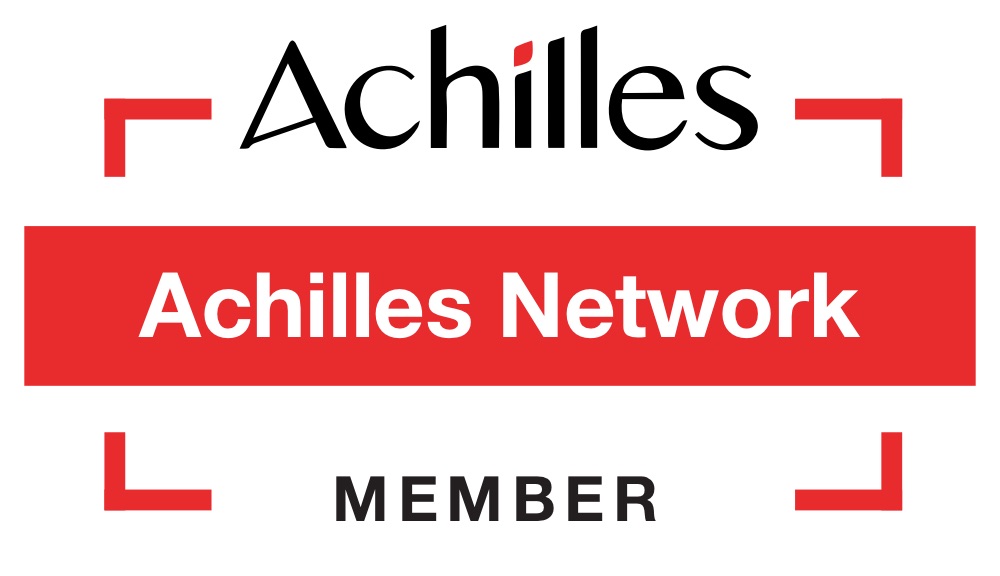
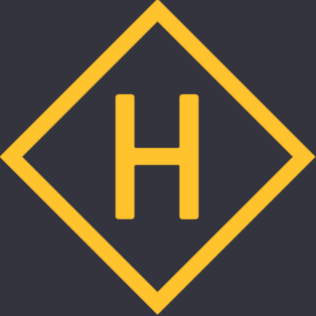

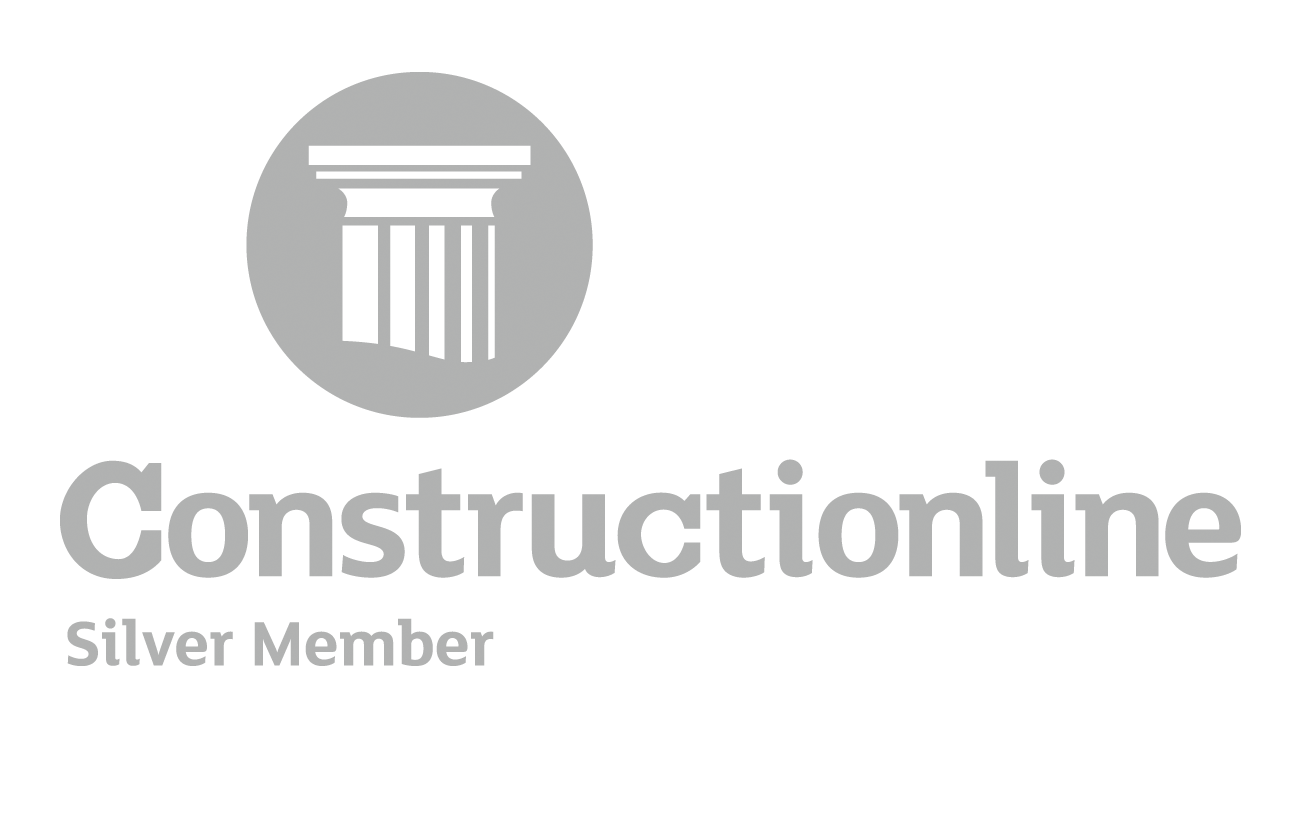
Other
Firefly welding crews also include personnel with training in first aid awareness, MEWPs, confined spaces and fire safety.
